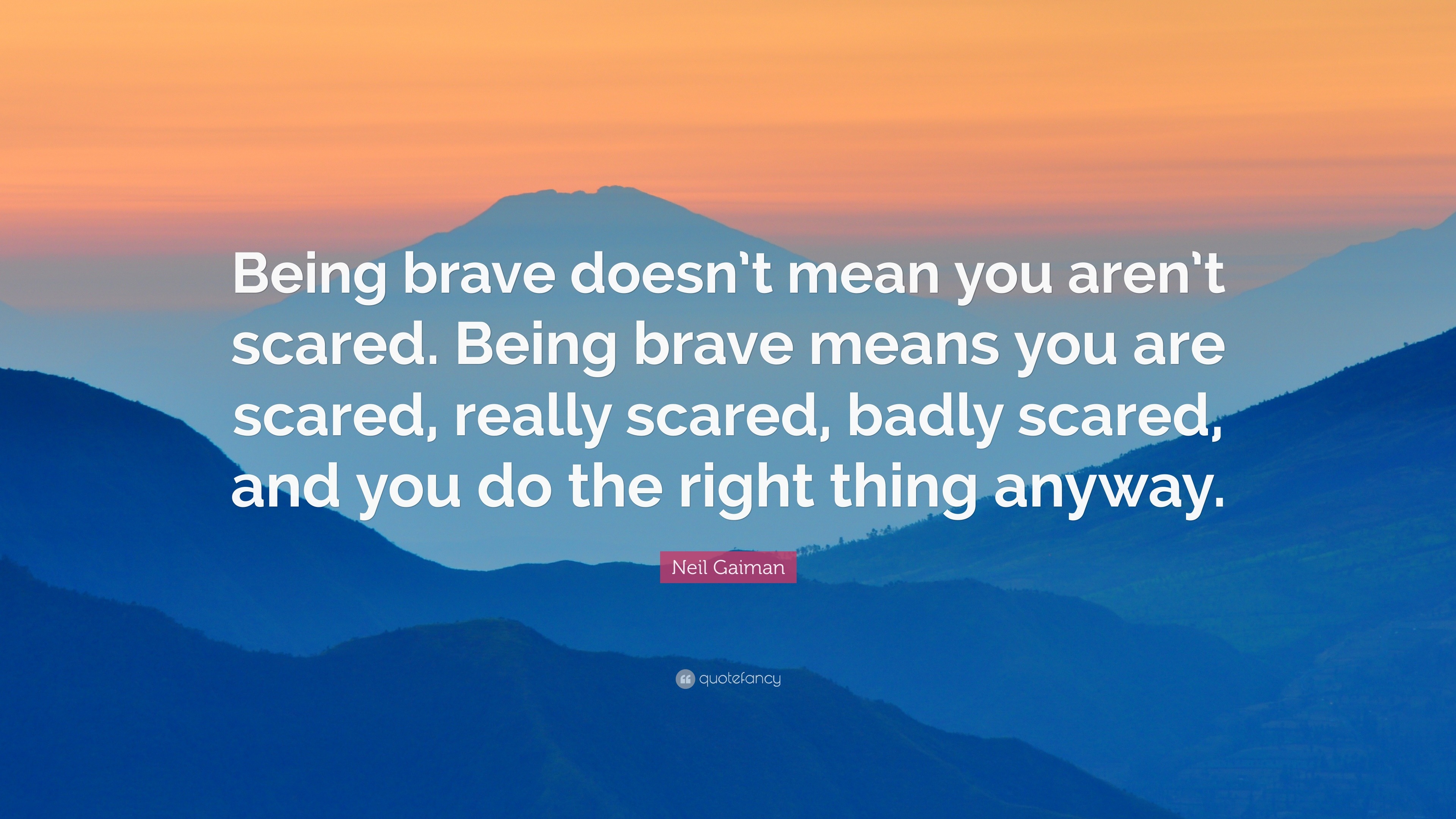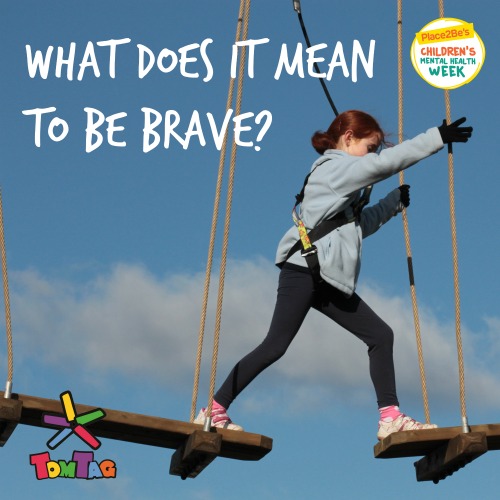

When you catastrophize, you blow an event or experience out of proportion until it spirals out of control. Catastrophizing is another distortion that can cause fear responses.For example: “I am feeling afraid about this big date tomorrow because I'm nervous that my date won't like me.” This will help you avoid holding unhealthy (and inaccurate) beliefs about yourself. Refocus onto what you're feeling in the moment.You may experience fear, but that doesn't make you “a coward.” For example, “I'm such a coward” is a generalizing statement about yourself that isn't true. When you find yourself thinking negative thoughts about yourself or a situation, challenge yourself to examine what evidence you really have for these thoughts, or reframe them in positive terms. We all get stuck in unhelpful ways of thinking, or “cognitive distortions,” from time to time. X Research sourceĬhallenge negative thoughts. It's much easier to face a setback if you know that the next step you need to take is achievable, rather than a monumental task. You can help yourself become persistent by defining what actions you need to take every step of the way. Brave people understand this and get back up when they fall down. You can also try to imagine the best possible scenario, rather than the worst possible one. Breaking down a situation into smaller elements can help you face troubling situations.
#Brave meaning how to
Truly brave people examine the situation and identify how to approach it, rather than trying to run away or ignore the problem. In order to be brave about a situation, you have to face it head-on. You can develop flexibility by recognizing the potential for learning in all situations, and by developing a mindset of curiosity rather than worry. It's the ability to look for new ways to approach a problem or situation. X Research source It's the ability to stay away from defensiveness if something goes wrong. Cognitive flexibility is the ability to adapt to changing situations. To be truly resilient, you need to practice the following: X Research source Mental resilience is more than just a tough front, though. Bravery requires you to be “tough” when you encounter scary or difficult situations. I can take self-defense classes so I feel stronger.” X Research sourceĭevelop mental resilience. I can do research about the place I travel to so I feel more comfortable when I get there. Instead, focus on what you can do to overcome that fear: “I am afraid to travel on my own. For example, “I'm just not brave enough to travel on my own” assumes that your fear is inherent and permanent.


You don't have control of others' reactions, but you can control what you do. On the other hand, being afraid to finish writing your book because you're afraid of how others will judge it isn't really helpful.You might still feel a tinge of fear when you're up in the plane, but you will have taken all the actions that you can control. However, you could address this fear by taking lessons and learning more about skydiving. You don't have any training or skills in that area and could get hurt. For example, being afraid of skydiving when you have never had a lesson is a reasonable fear.Take a good look at your fears and decide whether you think they're helpful or harmful. Some fears are legitimate, but others do more harm than good. We tend to be afraid when we perceive some harm or threat to ourselves (or others).


 0 kommentar(er)
0 kommentar(er)
